Today’s readings
One of my jobs before I went to seminary was in the sales department of a computer supply company. In that job, they taught us that one of the first good rules of sales was never to ask a question to which you didn’t already know the answer. I think teachers get taught that principle as well. I can’t help but think that Jesus’ question to the disciples in today’s Gospel falls under that heading. Because Jesus certainly knew who he was. But, as often happens in our interactions with Jesus, there’s something more going on. And to figure out what that something more is, all you have to do is go back to the Gospels the last couple of weeks and see in them that Jesus is looking for people’s faith. He was looking for faith from Peter when he called him to walk on the water. He was impressed by the faith of the Canaanite woman last week as she persisted in her request that Jesus heal her daughter. And now he queries the disciples’ faith – and ours too – as he asks us the 64 thousand dollar question: “Who do you say that I am?”
He actually starts with kind of a soft-ball question. “Who do people say that the Son of Man is?” And they recount all the obvious and probably much-discussed options of the time. If there were bloggers and influencers and talk radio people and cable news in that first century, they too might have said “John the Baptist” or “Elijah” or “Jeremiah” or “one of the prophets.” So this is an easy question for the disciples to answer. But when he gets to the lightning round question, “But who do you say that I am?” there’s a lot more silence. And, as often happens with the disciples, it’s the impetuous Peter who blurts out the right answer, “You are the Christ, the Son of the living God.” Very good, Peter, you have been paying attention.
But here’s the thing: that answer is going to require much of Saint Peter. You see, his answer not just a liturgical formula or a scriptural title or even a profession of faith in the formal sense. Jesus is looking for something that goes quite a bit deeper, something that comes from the heart, something integrated into Peter’s life. He is looking for faith, not just spoken, but faith lived, and that’s why Peter’s answer is actually pretty dangerous. If he is really convinced that Jesus is “the Christ, the Son of the living God” then that conviction has to show itself in the way Peter lives. He can’t just believe that and keep it under his hat. If Jesus really is the One who is coming into the world, the Promised One of all generations, the salvation of the world, then Peter has to proclaim it from the rooftops. Now, to be fair, we should note that Peter had a little problem with this around the time of the crucifixion, when he denied Jesus not just once, but three times. But that’s not going to be his everlasting reality, because Peter has to be the rock on which Jesus will build his Church. Whether people want to accept that or not.
So I’m very sorry to tell you all this, but we have all gathered here on a very dangerous Sunday. We too, you know, are being asked today, “But who do you say that I am?” And Jesus isn’t asking us just to recite the Creed, the Profession of Faith. That’s too easy; we do it all the time. Half the time it just flies past us by the time we say “Amen.” Jesus doesn’t want to know what you learned at Bible Study or what you read on Facebook. Those things are nice, but He isn’t going for what’s in your head. Jesus is calling all of us today to dig deep, to really say what it is that we believe about him by the way that we act and the things that we do and the life that we live. It’s a dangerous question for us, too, because what we believe about Jesus has to show forth in action and not just word. Our life has to be a testament to our faith in God. And if we cannot answer that question out of our faith today, if we are not prepared to live the consequences of our belief, then we have a lot of thinking to do.
Because if we really believe – really believe – that Jesus is who he says he is, then we cannot just sit on the news. Like Peter, we are going to have to proclaim it in word and deed. In our homes, in our workplaces, in our schools, in our communities – we must be certain that everyone knows that we are Christians and that we are ready to live our faith. That doesn’t mean that we need to interject a faith lesson into every conversation or bludgeon people with the Gospel. But it does mean that we have to live that Gospel. In St. Francis’s words, “Proclaim the Gospel at all times. If necessary, use words.” People absolutely need to be able to tell by noticing the way we live our lives that Jesus is the Christ, the Son of the living God. If they can’t, then our faith is as tepid as the Pharisees’ and that’s certainly no cause for pride! Frankly, that too has consequences.
Every part of our Liturgy has consequences for us believers. “The Body of Christ.” When we hear that proclamation and respond with our “Amen,” we are saying “yes, that’s what I believe.” And if we believe that, if we are then filled with the Body of Christ by receiving Holy Communion, then we have made a statement that has consequences. If we truly become what we receive, then how does that change the way that we work, the way that we interact with others? “Go in peace, glorifying the Lord by your life.” “Thanks be to God.” If we accept that command, then what? What does it mean to glorify the Lord with our life? Does it mean that we just do some kind of ministry here at Mass? Absolutely not. The first word in the command is “Go” and that means we have to glorify the Lord in our daily lives, in our business negotiations, in our community meetings, in our interactions with peers or the way that we mentor those who work for us.
So if we really believe that Jesus is the Christ, the Son of the living God, then our lives just became a whole lot more complicated. We may have to give up some of our habits and vices, we may have to make a concerted effort to be more aware of Christ in our daily lives, we may have to learn to treat other people as the Body of Christ. We may have to do all this preaching in a hostile environment, because sometimes people don’t want to hear the Good News, or even be in the presence of it. I think that’s more true today than every. The Gospel is met with hostility just because Christians preach it. And this is dangerous, because if we really believe, then we have to preach anyway. Peter did, and it eventually led him to the cross. What will it require of us?
So I don’t know just how dangerous this will be for me or for you. I’m not even sure how we will all answer the question right now. But one thing is for sure, all of us sitting here today have the same one-question test that Peter and the disciples had. Who do you say that the Son of Man is? Be sure to take that to your prayer this week.
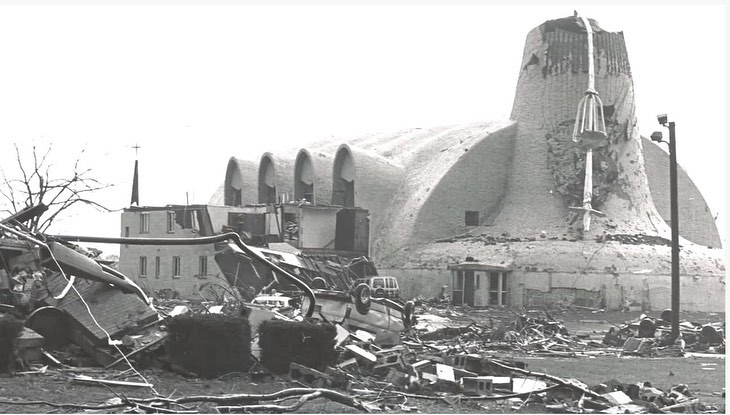
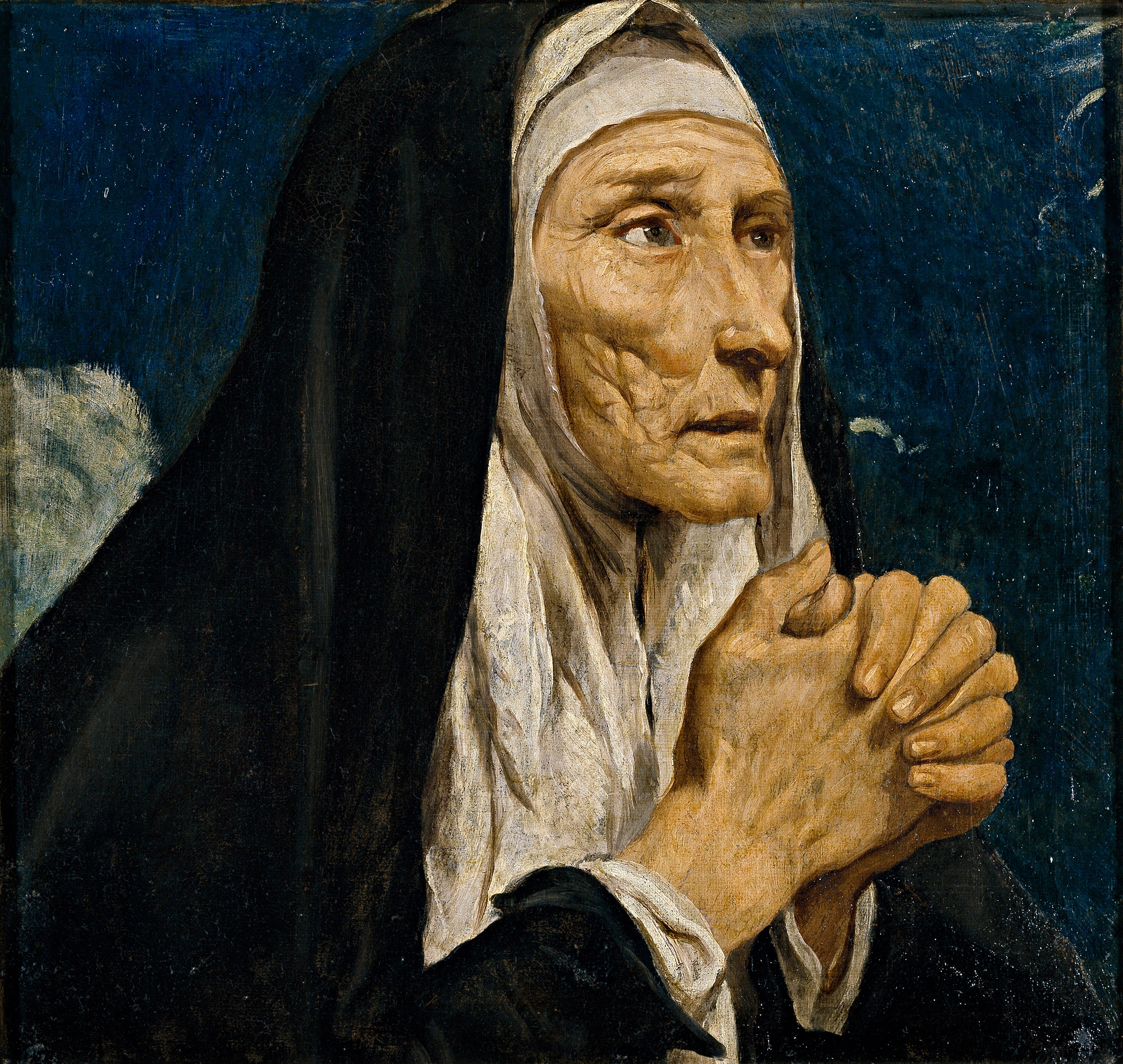

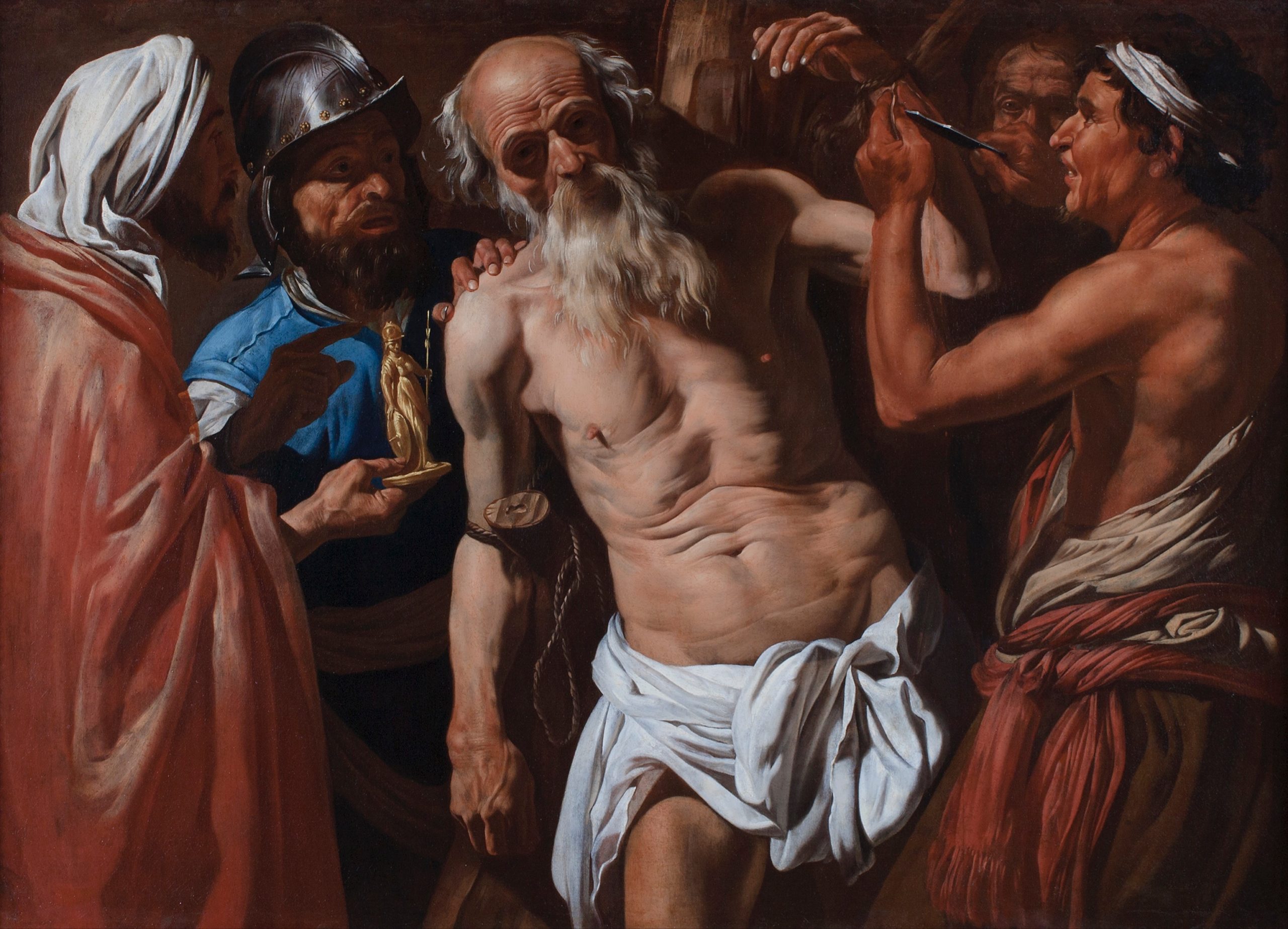
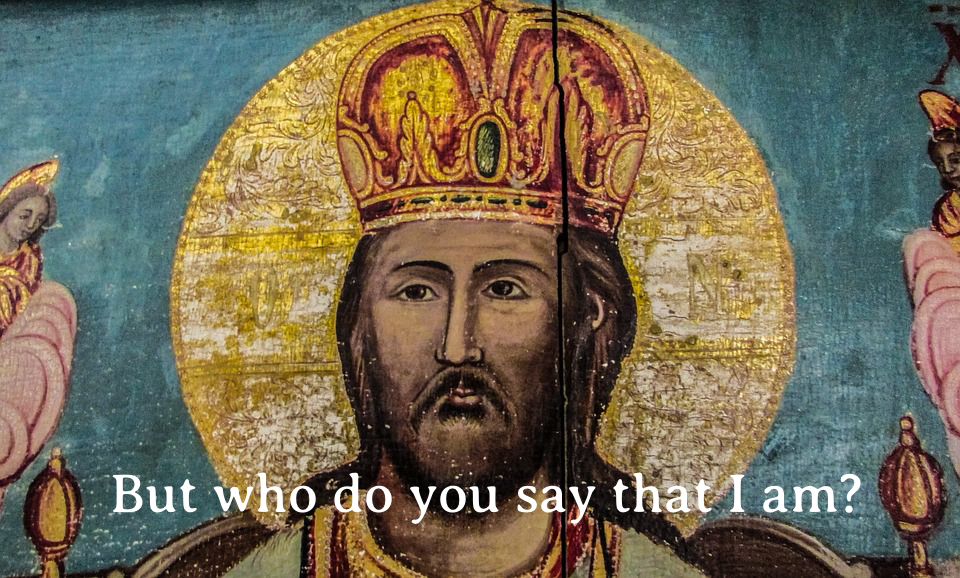
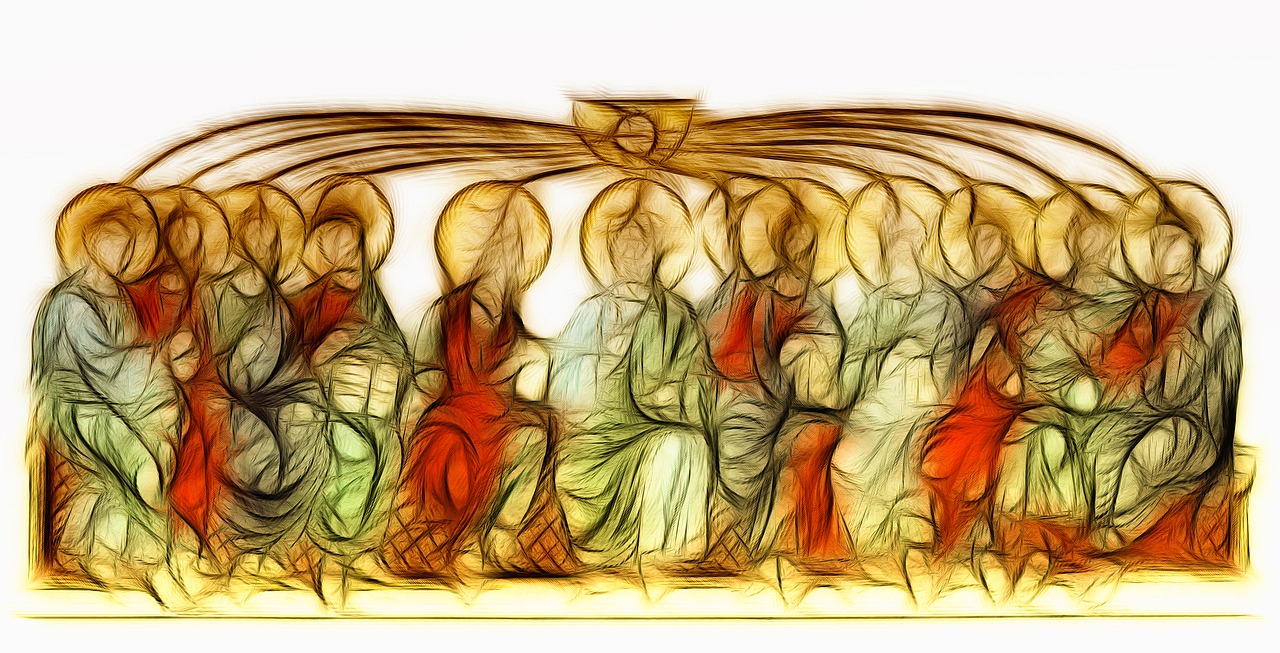
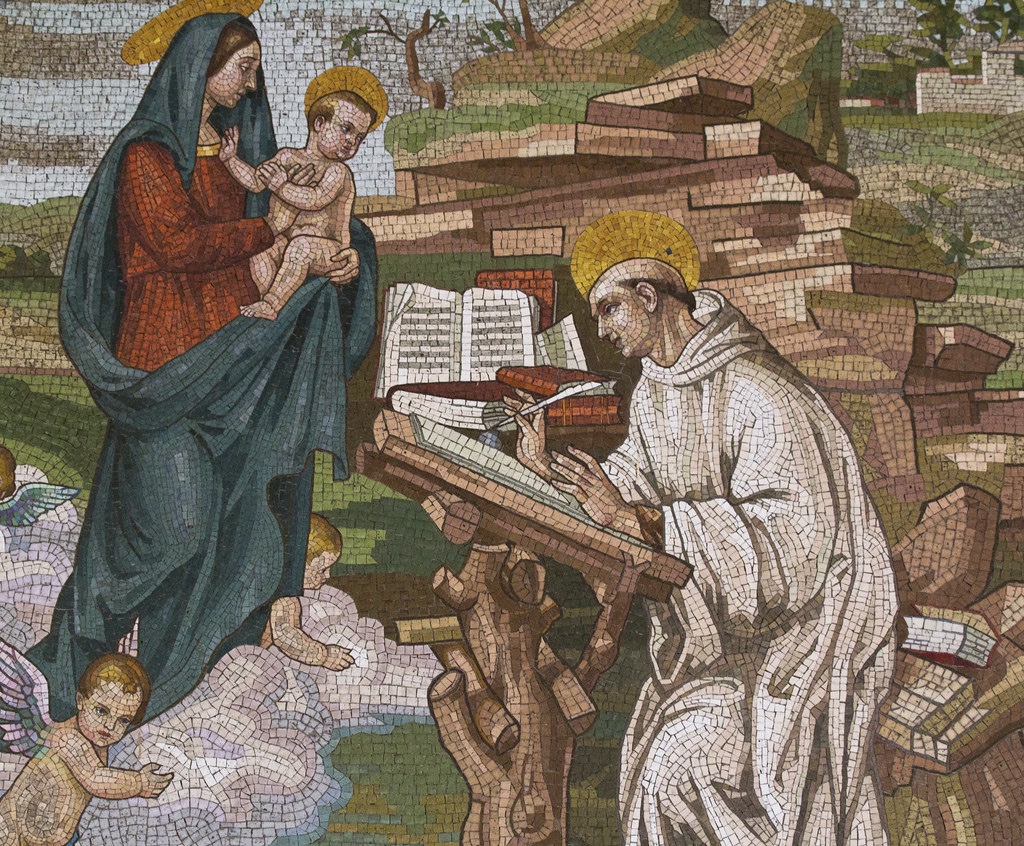
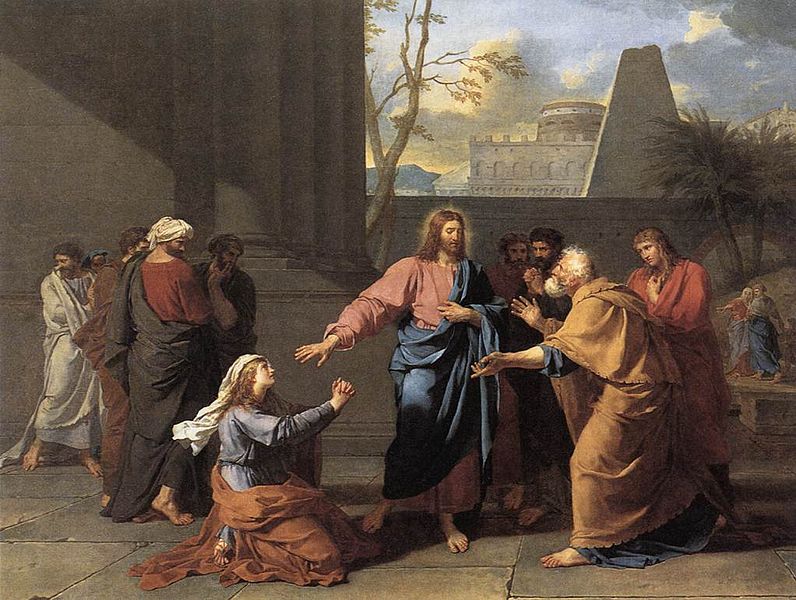
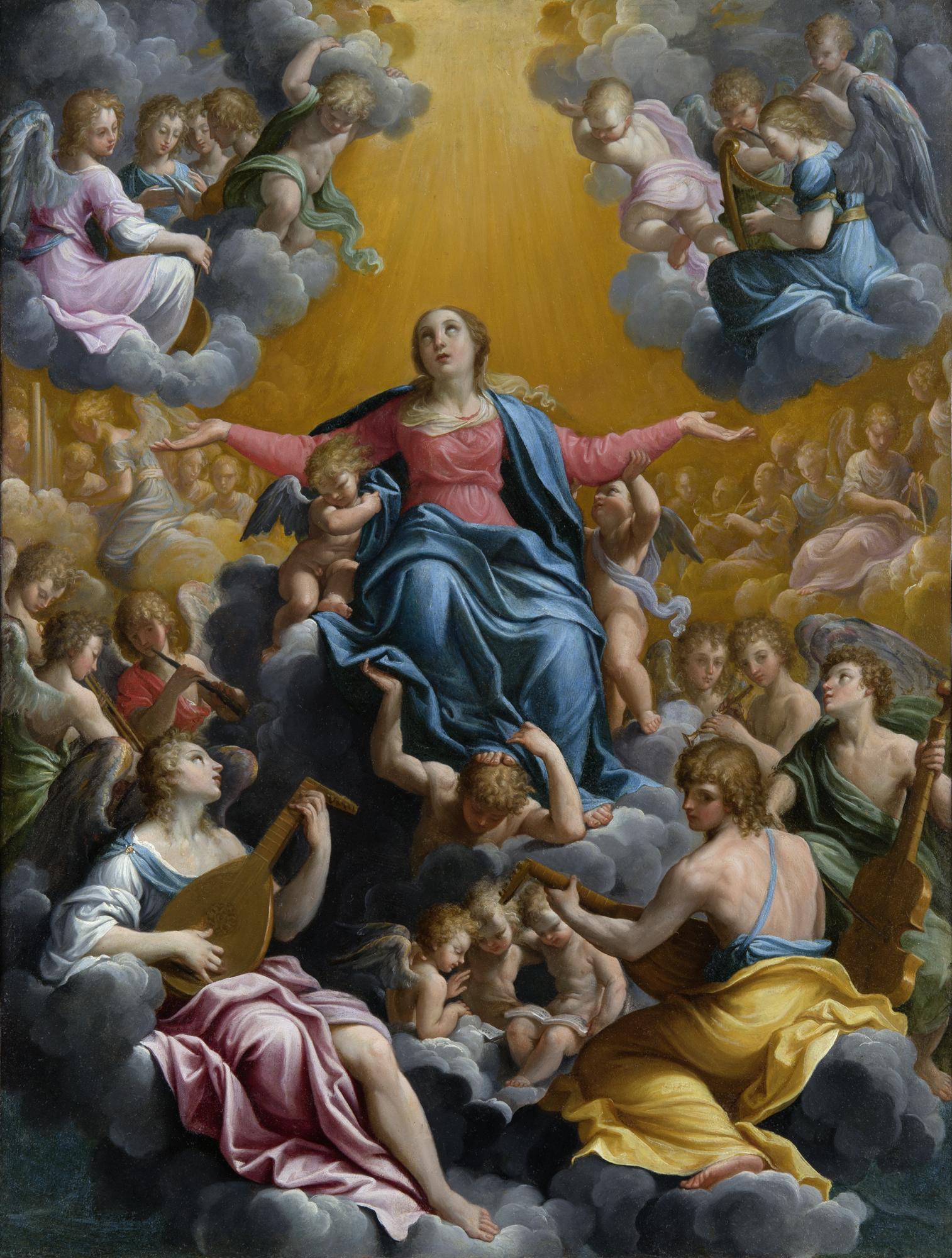
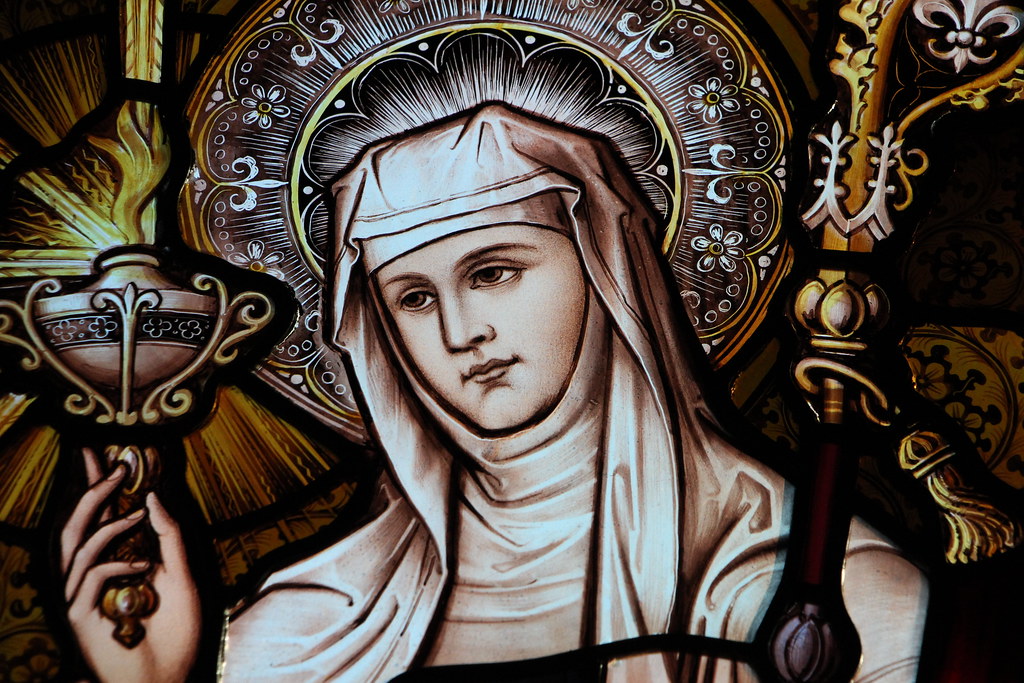
You must be logged in to post a comment.